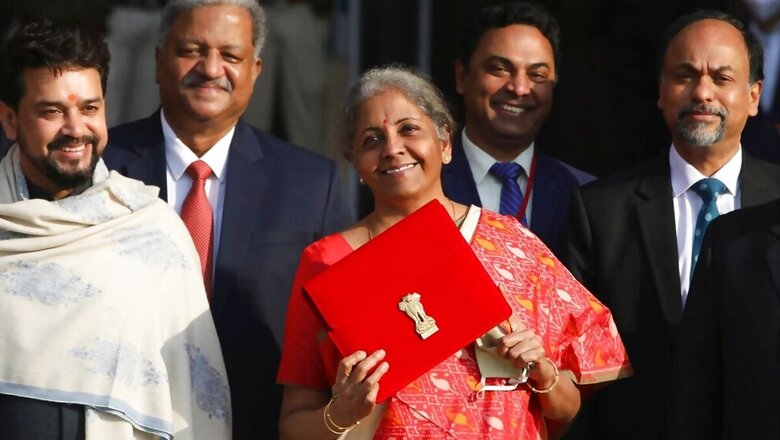Vehicle Scrappage Policy, I-T Compliance Changes: What Budget 2021 Brought for Middle Class Taxpayer

views
Finance Minister Nirmala Sitharaman’s third budget in two years was one that registered unprecedented fiscal deficit, an intent that is definitely encouraging for an economy that has been beaten to the ground by a ‘once in a century crisis’. Being compared to its 30-year-old counterpart, when the then Finance Minister Manmohan Singh opened the Indian economy for liberalisation, Sitharaman’s budget will be remembered for uplifting living standards of the populace in the face of a battered fiscal.
Budget 2021’s tone was clear: reviving the severely hit urban population while making sure that the rural folk is not left wanting.
While the annual exercise did not make any changes to slab rates or major deductions leaving the choice between old and new regime much the same as last year, the Finance Minister brought about significant compliance changes.
Here are the major announcements that can affect daily lives:
– Introducing voluntary vehicle scrappage and improving urban transportation will up demand for passenger and commercial vehicles and two-wheelers. This is a big stimulus for the auto sector which has been facing a slowdown for two years. Vehicle scrappage policy and the proposed green tax could result in increased investment by companies.
– Interest on contributions to Employees Provident Fund, Voluntary Provident Fund and exempted PF trusts could now be taxed if your contributions exceed Rs 2.5 lakh. Until now, interest earned on contributions to different types of PF was tax-free. If your contribution exceeds Rs 20,833 a month, be ready to pay tax on the interest earned on any amount above this limit.
– Three tax compliance changes stood out. Seniors aged 75 or more won’t need to file I-T returns if they have only pension and interest income. Two, income from capital gains, dividends and interest would be available in pre-filled tax forms. On the flip side, the deadline for filing revised and belated returns is down three months.
– There’s no new tax on corporate India. Companies will not have to worry about the impact on their financials at a time when they’ve been challenged by the Covid-19 induced economic downturn. The Centre was expected to impose a Covid cess on corporate earnings to cover revenue shortfall. The sharp rise in import duty on certain goods like spare parts for auto and aviation might impact negatively.
– Depositors can now get access to funds even if the RBI puts operational restrictions on a bank. This will be made possible by amendments to the Deposit Insurance and Credit Guarantee Corporation Act, 1961. The payment would be through deposit insurance and the maximum pay out a depositor would get is Rs 5 lakh. The limit was raised five times in the last Budget
– The period for re-opening of income tax assessment has been reduced to three years from the existing six years. Only in cases where the assessing officer has evidence that the taxpayer has deliberately hidden income or assets above Rs 50 lakh can tax assessments can be re-opened. But, in this case too, cases can’t be re-opened after 10 years.
– Government spends on infrastructure projects like roads, public transport and ports will have a multiplier effect, taking consumer goods to rural markets. As India’s consuming class grows, better infrastructure will help drive both online and offline consumption. Commercial vehicle makers will benefit as demand for trucks, tractors and buses will get a boost.
Read all the Latest News, Breaking News and Coronavirus News here




















Comments
0 comment